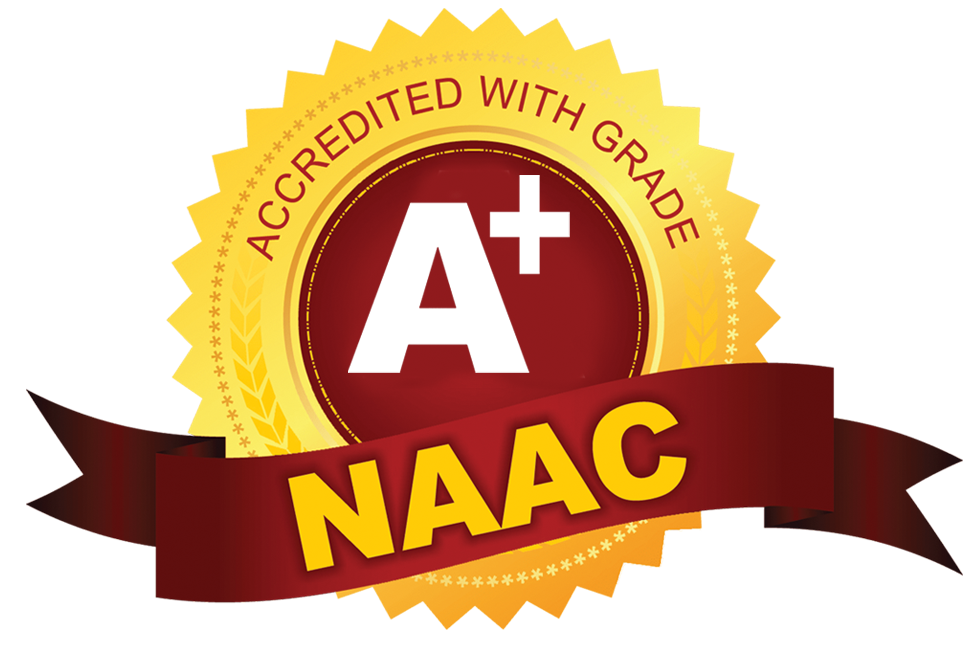The department, established in 2001, offers a robust undergraduate program in Electrical and Electronics Engineering and a specialized postgraduate program in Power Electronics and Drives. The UG program received permanent affiliation from Anna University in 2014, affirming its commitment to academic excellence. Additionally, the department was acknowledged as a research center by Anna University in 2016, enhancing its role in pioneering research.Accredited by the NBA under Tier-II in 2009 and subsequently reaccredited under Tier-I in 2016, 2019, and 2023, the department maintains its Tier-I status until June 2025.
The department has consistently demonstrated a strong placement record, with over 90% of students securing positions in esteemed organizations. The research center houses four supervisors guiding 17 scholars, leading to significant academic contributions. .A noteworthy achievement includes a ₹118-lakh DST-funded project focused on battery management systems, exemplifying the department’s dedication to innovation and industry collaboration.
With state-of-the-art facilities and a comprehensive curriculum, the department prepares students for dynamic careers in academia, industry, and research.
To provide an excellent, innovative and comprehensive education in electrical and electronics engineering.
To create a conducive learning environment and train the students in the latest technological development domain to enhance carrier opportunities.
To produce competent and disciplined engineers suitable for making a successful career in industry/research.

Commitment to Excellence and Ethical Leadership
We prioritize excellence in education, research, and innovation, rooted in integrity and ethical practices. Our efforts are driven by continuous improvement and the pursuit of impactful solutions.
Fostering Inclusivity and Collaborative Innovation
We celebrate diversity and inclusion, creating a culture that values varied perspectives and experiences. By fostering collaboration and creativity, we engineer innovative solutions to complex global challenges.
Empowering Communities through Engagement and Impact
Our dedication to societal progress extends beyond academia. Through active engagement with industry, government, and communities, we drive impactful research, education, and outreach initiatives.

To be a technical hub of creating Electrical and Electronics Engineers with superior quality, human values and ethical views.

PEO 1. Graduate will acquire the knowledge and foundational skills in Electrical and Electronics Engineering to pursue a professional career.
PEO 2. Graduates will demonstrate the technical competency to solve challenges in higher education and address societal tasks as entrepreneurs and employers.
PEO 3. Graduates will engage in continuous learning through state-of-the-art technologies and participate in professional activities.
PEO 4. Graduates will exhibit relevant skills and work as a team in their professions ethically striving towards success.
PO1: Engineering Knowledge: Apply knowledge of mathematics, natural science, computing, engineering fundamentals and an engineering specialization as specified in WK1 to WK4 respectively to develop to the solution of complex engineering problems.
PO2: Problem Analysis: Identify, formulate, review research literature and analyze complex engineering problems reaching substantiated conclusions with consideration for sustainable development.
PO3: Design/Development of Solutions: Design creative solutions for complex engineering problems and design/develop systems/components/processes to meet identified needs with consideration for the public health and safety, whole-life cost, net zero carbon, culture, society and environment as required.
PO4: Conduct Investigations of Complex Problems: Conduct investigations of complex engineering problems using research-based knowledge including design of experiments, modelling, analysis & interpretation of data to provide valid conclusions.
PO5: Engineering Tool Usage: Create, select and apply appropriate techniques, resources and modern engineering & IT tools, including prediction and modelling recognizing their limitations to solve complex engineering problems.
PO6: The Engineer and The World: Analyze and evaluate societal and environmental aspects while solving complex engineering problems for its impact on sustainability with reference to economy, health, safety, legal framework, culture and environment.
PO7: Ethics: Apply ethical principles and commit to professional ethics, human values, diversity and inclusion; adhere to national & international laws.
PO8: Individual and Collaborative Team work: Function effectively as an individual, and as a member or leader in diverse/multi-disciplinary teams.
PO9: Communication: Communicate effectively and inclusively within the engineering community and society at large, such as being able to comprehend and write effective reports and design documentation, make effective presentations considering cultural, language, and learning differences
PO10: Project Management and Finance: Apply knowledge and understanding of engineering management principles and economic decision-making and apply these to one’s own work, as a member and leader in a team, and to manage projects and in multidisciplinary environments.
PO11: Life-Long Learning: Recognize the need for, and have the preparation and ability for i) independent and life-long learning ii) adaptability to new and emerging technologies and iii) critical thinking in the broadest context of technological change.
PSO 1. Apply fundamental knowledge of Electrical, Electronics, and Computer Engineering concepts to analyze and design solutions for complex problems in Power systems and related fields.
PSO 2. Employ suitable methodologies and modern tools to control and automate Industrial Electronic Systems.
PSO 3. Develop project management skills to solve real-time problems by applying Electrical and Electronics Engineering knowledge.
+919994441085
hod_eee@psr.edu.in
Head Dept. of Electrical and Electronics Engineering, P.S.R. Engineering College, Sevalpatti, Sivakasi – 626 140, Virudhunagar District, Tamil Nadu, India. muniraj@psr.edu.in
Head Dept. of Computer Science and Engineering, PSR Engineering College, Sevalpatti, Sivakasi – 626 140, Virudhunagar District, Tamil Nadu, India. ramathilagam@psr.edu.in
Head Dept. of Electronics and Communication Engineering, PSR Engineering College, Sevalpatti, Sivakasi – 626 140, Virudhunagar District, Tamil Nadu, India. valarmathi@psr.edu.in
Curabitur ac tortor ante. Sed quis iaculis risus. Ut ultrices ligula aliquet odio tristique euismod. Donec efficitur dolor in turpis aliquet, at mollis.
Curabitur ac tortor ante. Sed quis iaculis risus. Ut ultrices ligula aliquet odio tristique euismod. Donec efficitur dolor in turpis aliquet, at mollis.
Curabitur ac tortor ante. Sed quis iaculis risus. Ut ultrices ligula aliquet odio tristique euismod. Donec efficitur dolor in turpis aliquet, at mollis.
Curabitur ac tortor ante. Sed quis iaculis risus. Ut ultrices ligula aliquet odio tristique euismod. Donec efficitur dolor in turpis aliquet, at mollis.
Curabitur ac tortor ante. Sed quis iaculis risus. Ut ultrices ligula aliquet odio tristique euismod. Donec efficitur dolor in turpis aliquet, at mollis.
